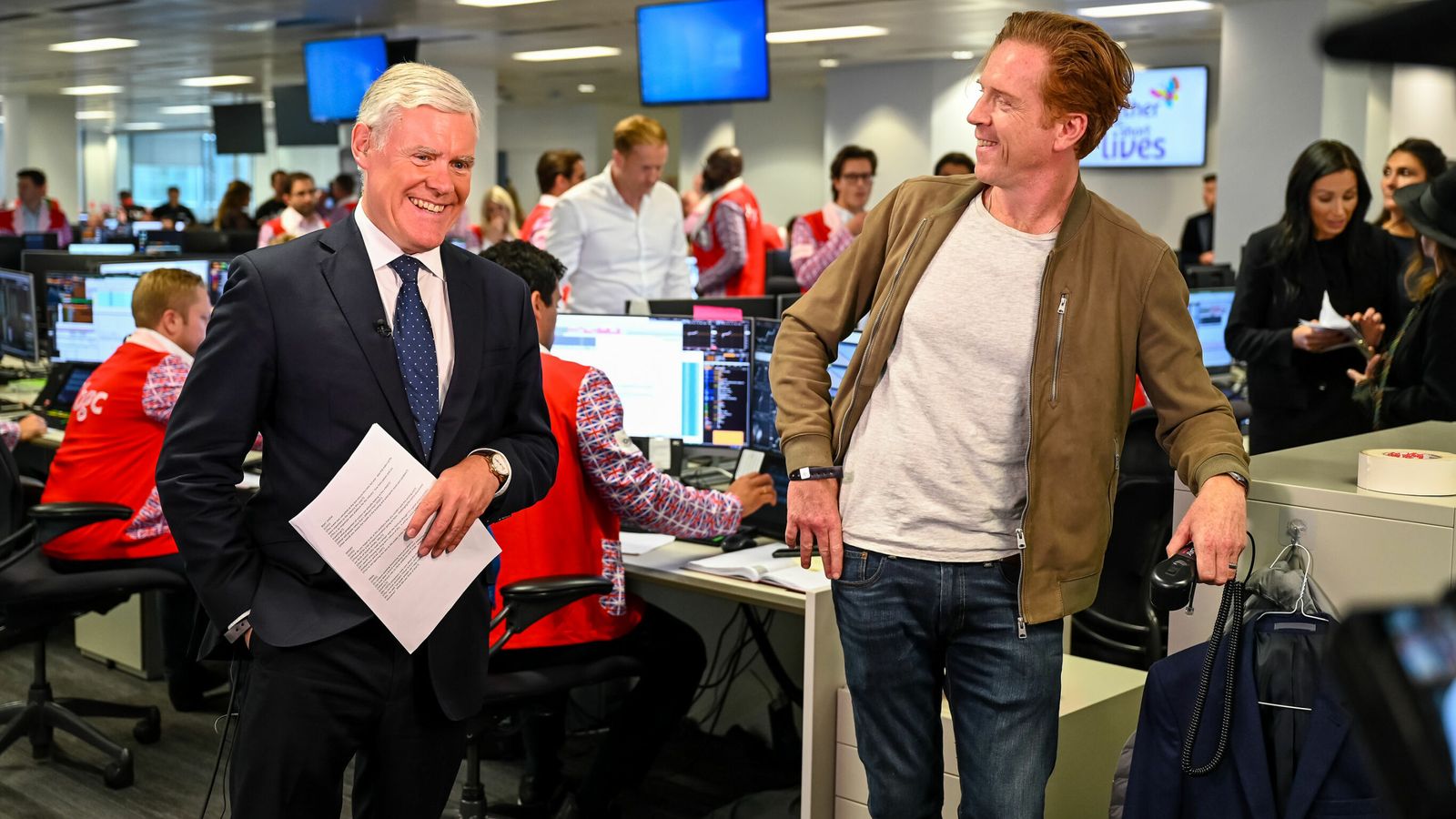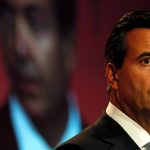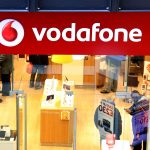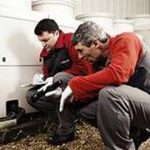Few, if any, businesses and their employees suffered on September 11th 2001 in the way Cantor Fitzgerald and its people did.
Of course, insurance companies, airlines and some commercial property groups had a rough ride and had to shed many jobs.
An estimated 100,000 posts were lost in the aviation sector in the 10 days immediately after the terror attacks, with British Airways – a business heavily dependent on transatlantic travel – cutting 7,000 jobs alone.
But balance sheets can always be patched up if shareholders believe in the company enough. And jobs can always be found elsewhere.
Please use Chrome browser for a more accessible video player
Cantor, a financial services group best known in the UK for its broking activities, endured far worse.
Its offices occupied four floors – 101 to 105 – of the north tower of the World Trade Center, two to six floors above where the hijacked American Airlines flight 11 slammed into the building at 8.46am, New York time.
Cantor lost 658 of its 960 New York employees that day, a greater proportion of its workforce than not only any other business based in the World Trade Center, but also than the New York police and fire departments.
Damian Lewis: Billions actor leads stars at finance company’s annual 9/11 charity event
9/11 anniversary: Iconic images of the September 11th terror attacks
9/11: The terror attacks on the US – minute by minute
Miraculously, Howard Lutnick, Cantor’s chief executive, survived the disaster, because he was taking his young son to school for the first time.
To him and his colleagues fell the task of keeping alive what was – and is – a people business.
Clients rallied around and, just three days later, the firm was able to resume activities from a contingency operation in New Jersey.
Cantor’s London office, at America Square near Tower Bridge on the eastern fringes of the City, became pivotal to keeping the business afloat. It had nearly 1,000 employees and it suddenly became the biggest single part of the business.
Please use Chrome browser for a more accessible video player
In the immediate aftermath of 9/11, many London employees were themselves in shock, as many had been on the phone or on open ‘squawk boxes’ to their US colleagues as the terror attacks happened.
They heard the confusion, the screams, the terror. As landlines in New York went down, but with mobile signals lasting for a short while longer, some London employees found themselves taking down last messages from their US colleagues for loved ones.
David Buik, now a consultant at Aquis Exchange, was working for Cantor at the time, told Sky News: “Many people knew other people down the other end of the phone and what they had to listen to was truly frightful.
“I think about [that day] every single day of my life.”
Not many good things came out of that terrible day, but one thing which did, took place today, as it has in each of the last 20 years at this time.
With around 1,500 children of its employees losing a parent in the catastrophe, Cantor launched the Cantor Fitzgerald Relief Fund within days, in order to provide financial assistance, emotional and mental health support and ongoing assistance for childcare, college tuition and healthcare for those families who lost loved ones.
Please use Chrome browser for a more accessible video player
Mr Lutnick, whose brother Gary was among those killed, put his sister, Edie, in charge of the fund. It raised $3.4m in its first week.
On 12 September 2002, just after the first anniversary of the attacks, Cantor instigated its first charity day and promised to give all of its broking revenues to the fund. In 2004, it gave money not only to the fund, but also to victims from Hurricane Katrina.
That was the year that Cantor spun off its voice brokerage arm, BGC Partners, which in 2005 began running its own charity day. The two firms have run them every year since.
Mr Buik said: “After a period of time, Howard was very sensitive about the fact that the world should benefit as a result of this charity, not just Cantor Fitzgerald [bereaved families]. BGC has embraced so many causes over the last 17 years.”
The event has got bigger each year and, to date, raised more than $180m. Good causes to have benefited this year include Help for Heroes, Anthony Nolan, Chance to Shine, Muscular Dystrophy and Action Medical Research.
Sean Windeatt, chief executive of BGC in London and chief operating officer of the company globally, said the need to support charities was even more important following the pandemic.
He told Sky News: “It is so, so difficult to choose [who to support] because we get hundreds and hundreds of applications. We look for both local and international charities.”
Central to the event is the involvement of celebrities and of BGC’s clients. Money is raised by BGC handing over its brokerage commission for the day to charity and so the support and involvement of clients is essential – and they, in turn, are encouraged to take part by the prospect of talking to a celebrity instead of their usual broking contact.
At BGC’s Canary Wharf headquarters on Friday, among others, were the former England cricket captain Lord Botham, the writer and entertainer David Walliams and London Mayor Sadiq Khan.
Broadcaster Davina McCall, an ambassador for Action Medical Health, was a popular turn on the trading floor, as was the actor Damian Lewis, who knows a thing or two about financial markets from his starring role as the hedge fund manager Bobby Axelrod in the hit TV drama Billions. He was there to support the charities Cure EB and HVH Arts.
Please use Chrome browser for a more accessible video player
Others participating on Friday included Lord King, the former Bank of England governor, while previous participants have included the former Prime Minister Tony Blair and the former Manchester United manager Sir Alex Ferguson.
Those who have not worked in financial markets can have a very distorted view of what they, and market participants are like.
Yes, these are rough, tough environments, not for the faint-hearted. But at firms like Cantor and BGC there is also a real generosity of spirit and also a real sense of community.
Never more was that in evidence than in the immediate aftermath of 9/11.
As Mr Buik put it: “It was a real team effort. I am in awe of the incredible contribution that absolutely every single person made to the operation. It was shoulders to the wheel. We had a point to prove and it was proved.”






















